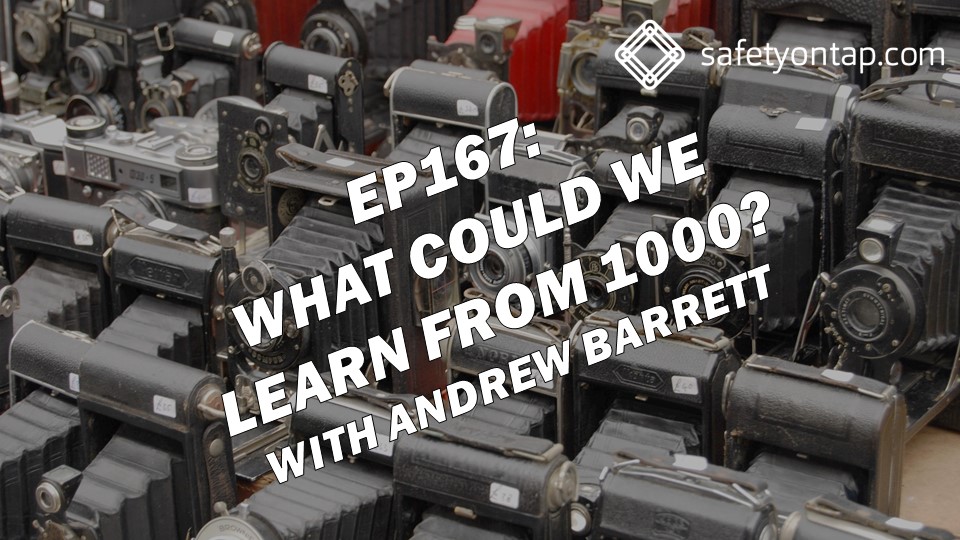LISTEN:
I am setting a goal to enable people like you to plan and implement 1000 learning teams in organisations just like yours, and this is your invitation to be part of it.
Learning teams, as they are referred to in the context of health and safety, are both awesome and problematic.
They are awesome because those of us who plan, facilitate, teach/coach/enable learning teams or anyone who has participated in them know their value.
They are awesome because they address the failing and limitations of other safety activities (like investigations and risk assessments and safety committees). They deliver not only learning, which is interesting and can feel good, they deliver actual changes which lead to improved performance.
And they are equally problematic. There is inconsistent definition of what exactly is a learning team, and what is it not. The theoretical underpinning is scattered, and there is limited good research which looks at whether they are any better or worse than any other safety activity. In fact we don’t even have a good handle on who uses them, why, or how.
Which creates some problems for how we, as evidence-based practitioners, decide if and how they might be useful, and how we convince others of that.
This year, 2021, I am undertaking research at Griffith University funded by the Australian Government which aims to begin the formal evidence base for group learning practices used for safety improvement, like learning teams.
We are doing this properly, with the academic rigour required for it to be tested, to be evaluated, to be criticised, and to be built upon in future research.
This -research is an initial look into who, why and how organisations are implementing learning teams.
Imagine the impact that we can make, you and I, if we implemented a few learning teams in your organisation this year. Imagine how that impact scales when there are a few dozen, or even a few hundred of us, on that same journey.
And imagine what kind of insights we can gain if we have 1000 learning teams to be able to research, the kinds of insights we can only gain when we do enough of something to compare and contrast and do some rigorous research.
But I can’t do this alone. If you want to get learning teams started and have the opportunity to be part of an epic action research project at the same time, as we work towards enabling 1000 learning teams….then just answer a few of the questions below along with your contact info, and I’ll get in touch with the details.
What I will say, is what is certain is continuing high levels of uncertainty. One of the first discussions we had during our Safety on Tap Togetherness virtual sessions, was around engineering resilience, that is intentionally designing and building, resilience, and adaptive capacity.
1000 learning teams….do you want to be part of this?

